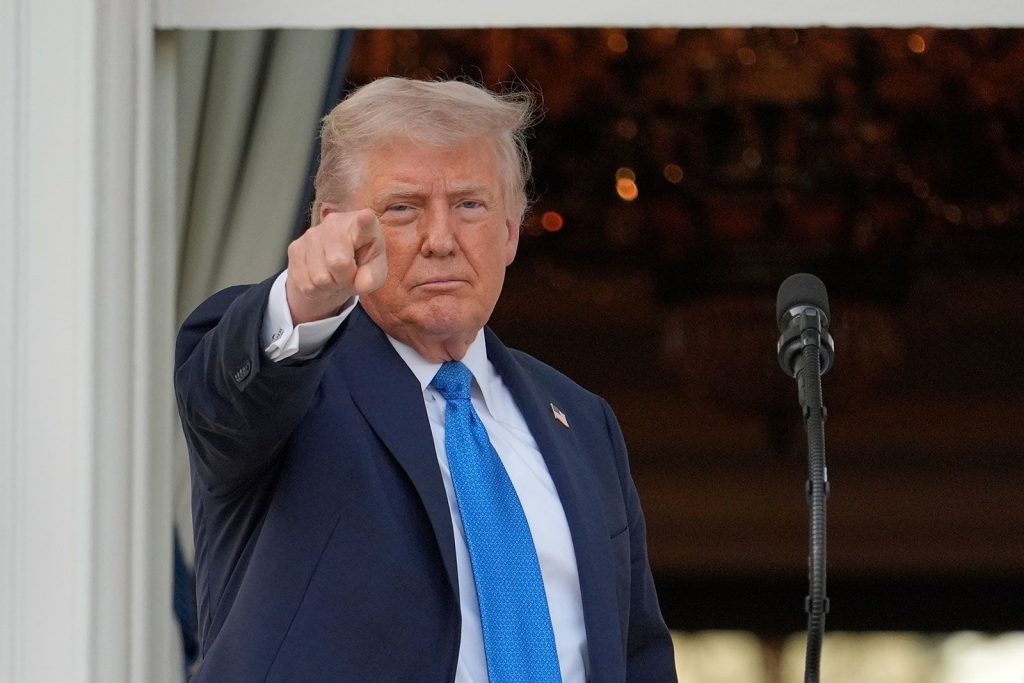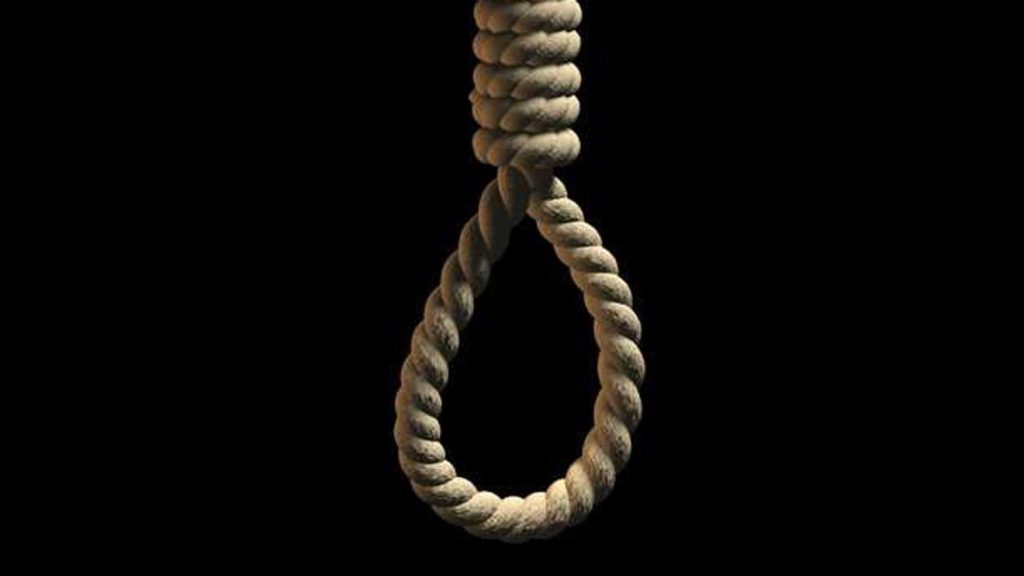News
UK on Alert: Iran’s Shadow War Moves Closer to Home
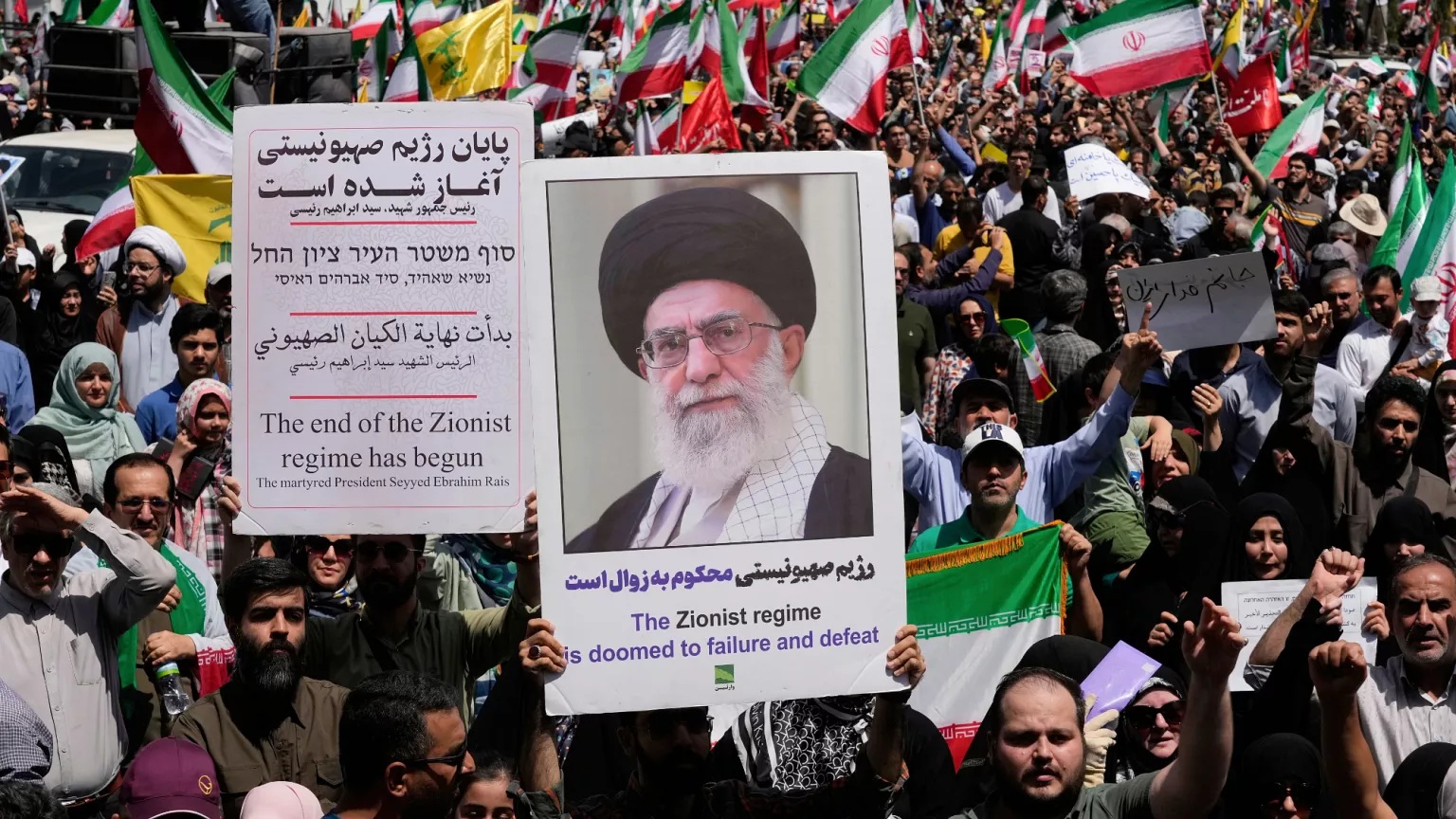
Iran poses a growing and unpredictable threat to the United Kingdom, with escalating attempts to harm dissidents, British citizens, and critical institutions, according to a new parliamentary report released on July 10, 2025.
The findings come from an extensive inquiry conducted by Parliament’s Intelligence and Security Committee (ISC), which warns that the UK government is not adequately equipped to deal with Iran’s wide-ranging threat profile.
The report, based on evidence collected up to August 2023, examined Iran’s activities including assassination plots, kidnappings, espionage, cyber attacks, and its nuclear ambitions.
Though it predates the Hamas attacks on Israel and the subsequent rise in Iran-Israel hostilities, the ISC insists its conclusions remain highly relevant.
Mounting Physical Threats
One of the committee’s most urgent concerns is the “sharp increase” in physical threats directed at critics of the Iranian regime living in the UK.
Since 2022, British authorities have recorded at least 15 serious attempts by Iranian actors to kidnap or assassinate individuals on UK soil.
These include not only Iranian dissidents but also individuals linked to Jewish and Israeli communities.
ISC Chair Lord Beamish warned, “Iran poses a persistent and unpredictable threat to the UK, UK nationals, and UK interests.
Its intelligence agencies are aggressive, well-funded, and capable of operating with significant asymmetry.”
The Iranian embassy in London has rejected the report’s conclusions, labeling them “biased” and “baseless.”
Government Approach Under Scrutiny
The ISC criticized the UK government for what it described as a reactive and fragmented approach toward Iran.
According to the committee, policymakers have focused too narrowly on Iran’s nuclear programme.
It supposedly neglected broader threats such as espionage, cyber intrusions, and state-sponsored violence against individuals in the UK.
“Iran may not yet operate at the same level as Russia or China,” the report stated, “but its growing threat should not be underestimated.
It is ‘top of the Championship, but rising’.”
Media and Psychological Warfare
Iranian media outlets operating from the UK, particularly Iran International, BBC Persian, and Manoto TV, have been frequent targets of Iranian harassment and intimidation campaigns.
British security services, including MI5, reported a sustained campaign against these broadcasters, which the Iranian regime views as dangerous to its legitimacy.
Journalists working for BBC Persian have been especially targeted.
The report cites numerous instances where family members of UK-based journalists have faced harassment, interrogations, and threats in Iran in retaliation for their relatives’ reporting.
Nuclear Capabilities and Strategic Risk
The committee acknowledged that as of August 2023, Iran had not yet developed nuclear weapons and had remained broadly compliant with international nuclear restrictions.
However, since the U.S. withdrew from the Iran nuclear deal in 2018, Tehran’s potential to rapidly assemble a nuclear weapon has increased.
The report emphasizes the importance of renewed nuclear diplomacy and de-escalation, calling this a “priority” to mitigate global risk.
UK Citizens at Risk Abroad
The ISC also raised alarms about the safety of British citizens in Iran and across the broader Middle East.
Detention remains the most pressing threat to UK nationals in Iran, while UK military personnel face risks of collateral damage in the region due to rising instability.
The report notes that an evacuation of British nationals from Iran is not far-fetched and urges the government to prepare more effectively than it did during the 2021 Afghanistan withdrawal.
Policy Recommendations and Legal Measures
Among the report’s key recommendations is a call for the government to evaluate whether it is legally feasible and appropriate to designate Iran’s Islamic Revolutionary Guard Corps (IRGC) as a terrorist organization.
The committee also urged the government to review the effectiveness of current financial sanctions and consider whether they may unintentionally drive Iran closer to China, undermining Western leverage.
Prime Minister Sir Keir Starmer approved the report’s public release due to its national security implications.
A government spokesperson responded, highlighting ongoing efforts to counter Iranian threats.
“We’ve enhanced our foreign influence registration scheme to include Iran and sanctioned over 450 individuals and entities connected to its regime,” the statement read.
Meanwhile, BBC Director General Tim Davie recently called on Iran to halt its ongoing persecution of journalists.
The BBC is reportedly preparing to file another complaint with the United Nations, citing persistent intimidation and violence aimed at its staff.
News
Trump Orders Review of 55 Million US Visa Holders in Mega Crackdown
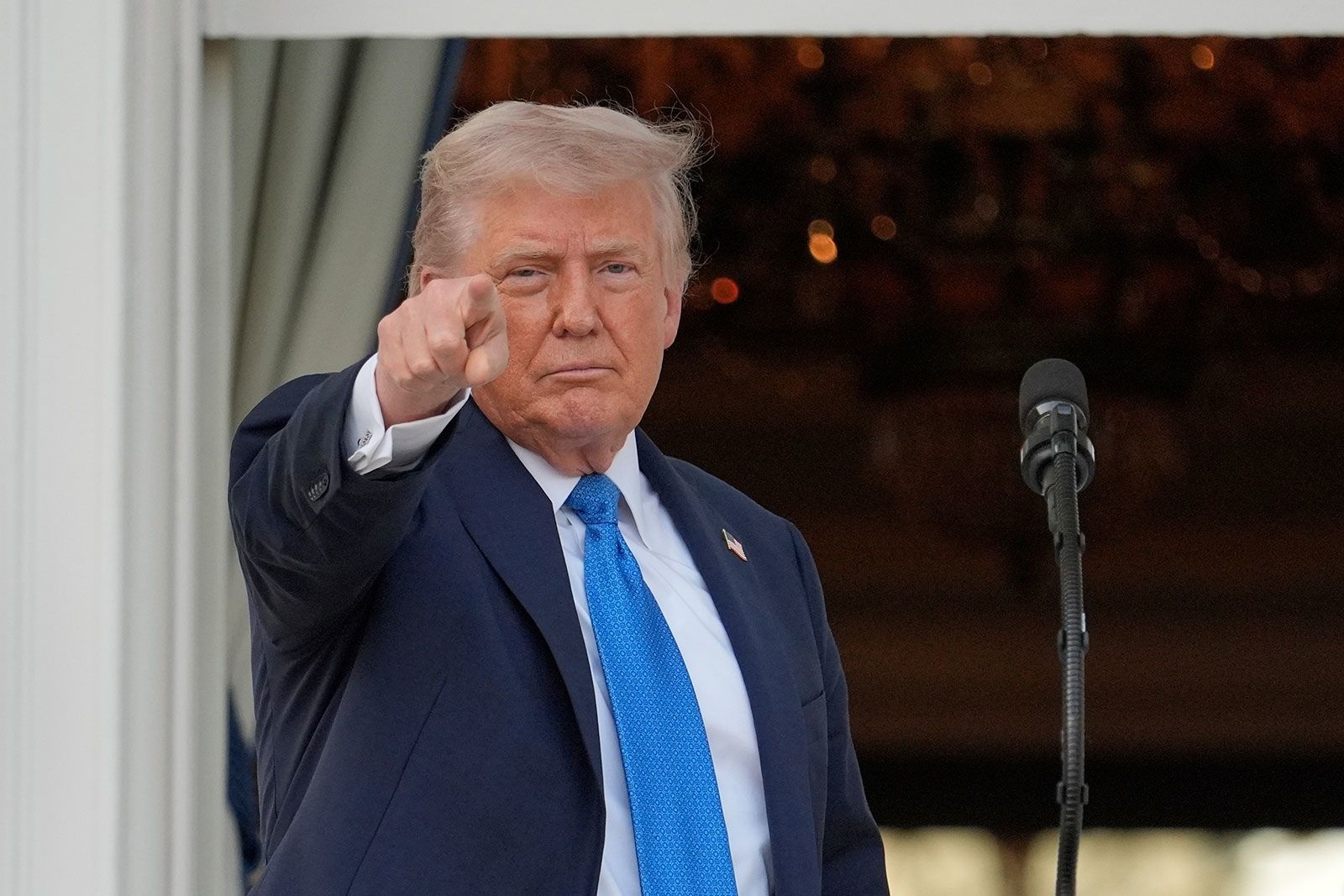
The Trump administration has announced a sweeping review of more than 55 million foreigners holding US visas, aiming to identify potential violations that could trigger visa revocation or deportation.
In a statement to The Associated Press, the State Department confirmed that all visa holders are now subject to “continuous vetting.”
Officials will examine any indicators of ineligibility, including overstaying authorised periods, criminal activity, threats to public safety, engagement in terrorism, or support for terrorist organisations.
If authorities find evidence of such violations, they will revoke the visa, and individuals already in the US could face immediate deportation.
Officials stressed that the review targets both individuals residing in the United States and those holding multiple-entry visas abroad.
Since assuming office, President Donald Trump has prioritized strict immigration enforcement, targeting not only undocumented migrants but also holders of student and visitor exchange visas.
The current vetting process extends far beyond prior reviews, potentially affecting individuals who initially received approval to stay in the US.
According to the Department of Homeland Security, last year the US had 12.8 million green-card holders and 3.6 million people on temporary visas.
Immigration policy expert Julia Gelatt of the Migration Policy Institute noted that the 55 million figure likely includes individuals living abroad with tourist or business visas. She questioned whether allocating resources to review people unlikely to return justifies the scale of the initiative.
Alongside the review, Secretary of State Marco Rubio announced on X that the US will immediately halt work visas for commercial truck drivers, citing safety risks and threats to American jobs.
“The increasing number of foreign drivers operating large tractor-trailer trucks on US roads is endangering American lives and undercutting the livelihoods of American truckers,” Rubio wrote.
The administration recently strengthened English proficiency requirements for foreign truckers following incidents where language barriers contributed to accidents. State Department officials confirmed they are pausing the processing of new work visas to reassess screening and vetting protocols.
“Ensuring that every driver meets the highest standards protects American workers and maintains a secure, resilient supply chain,” the department added.
Experts warn the broader implications of the review could ripple across the US economy. Edward Alden, senior fellow at the Council on Foreign Relations, explained that the administration’s policies aim to discourage companies, universities, and hospitals from employing foreign workers.
“The economic consequences will extend far beyond individual visas,” Alden said, emphasizing that employers risk compliance issues if they continue hiring foreign staff.
The review represents the most comprehensive enforcement action in recent US history and signals that the administration will aggressively monitor both legal and temporary visa holders to maintain national security and prioritize domestic employment.
News
2027: ADC Coalition Deceiving Nigerians – Baba-Ahmed

The 2023 Labour Party (LP) vice-presidential candidate, Datti Baba-Ahmed, has warned Nigerians that the opposition coalition under the African Democratic Congress (ADC) is giving false hope about rescuing the country from underdevelopment.
“They are deceiving us,” Baba-Ahmed said during an interview on Channels Television’s Politics Today on Friday.
Baba-Ahmed, who ran alongside Peter Obi in the 2023 presidential election won by Bola Tinubu of the All Progressives Congress (APC) expressed his willingness to be Obi’s running mate in the 2027 presidential election.
Although Obi has shown interest in the 2027 race and is aligning with ADC coalition figures such as David Mark, Atiku Abubakar, Nasir el-Rufai, Rotimi Amaechi, and Rauf Aregbesola, Baba-Ahmed stressed that he wants Obi to remain in the Labour Party and contest as its presidential candidate.
“I’m in the Labour Party. I’m a Peter Obi man. I still want Peter Obi to come back to the Labour Party and contest the 2027 election,” Baba-Ahmed stated.
When asked about his plans for the 2027 race, Baba-Ahmed confirmed his readiness to serve as a running mate for like-minded leaders committed to restoring Nigeria.
“If Nigeria is still around and there is an electoral system to follow, my love for Nigeria is undying.
I would appropriately associate with groups and individuals aligned with restoring the nation,” he said.
Baba-Ahmed also revealed two potential leaders he would consider deputising, with Peter Obi being his primary choice. “The first one has not said anything.
The second one is Peter Obi. I’m always with Peter Obi until he decides not to,” he added.
News
Tinubu Secures Fresh $238m Loan from Japan

Nigeria has secured a $238 million loan from the Japan International Cooperation Agency (JICA) to support the expansion and modernization of the national power grid.
The deal, confirmed during engagements at the ninth Tokyo International Conference on African Development (TICAD9) in Yokohama, Japan, reflects a strategic shift towards implementation-driven energy development.
President Bola Tinubu highlighted that Nigeria’s participation at TICAD9 focused on concrete, outcome-oriented partnerships rather than ceremonial diplomacy.
“We are moving from planning to implementation, from agreements to delivery, and from promises to measurable results,” he said.
Details of the JICA Loan Project
The $238 million loan, supported by a Federal Executive Council counterpart funding of ₦19,083,192,805.30, will finance significant upgrades to Nigeria’s transmission infrastructure.
Key components of the project include:
Construction of 102.95 km of new 330kV double-circuit lines
Construction of 104.59 km of 132kV double-circuit lines
Development of four 330/132/33kV substations and two 132/33kV substations
Multiple line bay extensions to improve efficiency and reduce system losses
According to Minister of Power, Chief Adebayo Adelabu, the partnership with Japanese companies such as Toshiba, Hitachi, and Japan’s Transmission & Distribution Corporation is essential for unlocking Nigeria’s energy potential.
“Our focus is on transmission infrastructure, operational efficiency, and strategies to reduce system losses.
This $238 million loan from JICA provides the backbone for that transformation,” Adelabu explained.
Adelabu acknowledged Japan’s consistent support for Nigeria’s power sector, highlighting contributions in infrastructure, technical studies, training, and financing.
He emphasized that JICA’s backing is critical to expanding access to reliable, affordable, and sustainable electricity across the country.
The project aims to strengthen Nigeria’s power transmission network, improve system reliability, and enhance overall efficiency, ultimately supporting industrial growth and meeting rising electricity demand nationwide.
News
‘Gate of Hell’ Will Open on Gaza’– Israeli Defence Issues Finally Warning to Hamas

Israeli Defence Minister Israel Katz has issued a fierce warning to Hamas, declaring that Gaza City will face complete destruction if the militant group refuses to accept Israel’s conditions for ending the war.
Katz, in a statement shared on social media on Friday, August 22, 2025, used sharp words to describe Israel’s next steps.
He said the “gates of hell” would open on Hamas if it failed to disarm and release all hostages.
“Soon, the gates of hell will open upon the heads of Hamas’s murderers and rapists in Gaza until they agree to Israel’s conditions,” Katz wrote.
He added that if Hamas refused, Gaza City would suffer the same fate as Rafah and Beit Hanoun, two cities previously flattened by Israeli offensives.
His comments mark one of Israel’s strongest warnings since the escalation of the conflict.
The minister’s remarks came only hours after Prime Minister Benjamin Netanyahu announced that negotiations had been ordered to free the hostages held in Gaza.
Netanyahu explained in a video address that Israel’s military operation in Gaza City would not stop during talks. “Defeating Hamas and releasing our hostages go hand in hand,” he said.
The prime minister also confirmed the mobilisation of 60,000 reservists to join the offensive.
Meanwhile, mediators have been waiting for Israel’s response to a ceasefire plan that Hamas accepted earlier in the week.
The proposal suggests a phased release of hostages, but Israel insists that only a deal ensuring the release of all captives at once will be accepted.
Israel’s hardened stance has sparked growing concern worldwide.
International leaders have cautioned that an expanded assault on Gaza City could worsen the humanitarian disaster already unfolding in the region.
Gaza’s health ministry says more than 62,000 Palestinians, most of them civilians, have been killed since Israel’s military campaign began.
The United Nations considers these figures credible.
The war was triggered by Hamas’s October 2023 attack, which left 1,219 people dead in Israel, mostly civilians.
Since then, the conflict has intensified, with both sides showing little sign of compromise.
With Katz’s threat to turn Gaza City into rubble if demands are not met, the conflict appears to be entering an even deadlier stage.
The international community continues to press for a ceasefire, but Israel’s leadership insists that victory over Hamas and the release of all hostages remain its top priorities.
Health
NAFDAC Raises Alarm as Fake Cowbell Milk Floods Nigerian Markets

The National Agency for Food and Drug Administration and Control (NAFDAC) has raised alarm over the circulation of fake Cowbell “Our Milk” 12g sachets in Nigeria.
In a statement issued on Friday, August 22, 2025, the agency explained that the counterfeit milk is packaged to look like the discontinued Cowbell “Our Milk,” but it is unauthorised and unsafe for consumption.
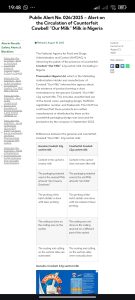

NAFDAC clarified that Promasidor Nigeria Ltd, the authentic manufacturer, stopped producing Cowbell “Our Milk” in September 2023.
The product was replaced with Cowbell “Our Creamy Goodness.” Despite this, fake versions of the old product have found their way into Nigerian markets.

Picture of Fake cowbell milk.
The counterfeit sachets bear the brand name, NAFDAC registration number, and familiar packaging design, making them difficult for unsuspecting buyers to identify as fake.
Health Dangers of Fake Cowbell Milk
NAFDAC warned that the consumption of these counterfeit products poses serious health risks.
Fake milk could contain toxic chemicals, harmful additives, or diluted ingredients that endanger human health.
Infants, children, pregnant women, and the elderly are the most vulnerable. Possible dangers include:
- Foodborne illnesses
- Allergic reactions
- Organ damage
- Long-term health complications
- In extreme cases, death
Counterfeit Product Details
- Product Name: Cowbell “Our Milk” 12g sachet
- Purported Manufacturer: Promasidor Nigeria Ltd
- Production Date: 04/2025
- Expiry Date: 12/2028

Picture of original cowbell milk.
NAFDAC Issues Strong Warning
The agency urged Nigerians to remain vigilant and avoid purchasing the counterfeit milk.
Healthcare professionals, distributors, and consumers have been advised to report suspicious sales of substandard or fake products immediately.
Reports can be made through:
The nearest NAFDAC office
Toll-free line: 0800-162-3322
Email: sf.alert@nafdac.gov.ng
NAFDAC also called on traders and retailers to stop selling the fake sachets.
The agency assured the public that strict enforcement measures are being taken to remove the counterfeit products from circulation.
This is not the first time Nigerians have faced risks from fake food and beverages.
Experts warn that counterfeit consumables are becoming more sophisticated, often making them difficult to spot.
Consumers are advised to always check product details, expiry dates, and packaging changes announced by manufacturers.
By highlighting the dangers and raising awareness, NAFDAC says it hopes to protect Nigerians from avoidable health crises linked to fake milk products
-

 Featured4 days ago
Featured4 days agoYour Attacks on Peter Obi Are Petty, Stop It! Chekwas Rebukes Soludo
-

 News4 days ago
News4 days agoTension in Anambra community as senior police officer shoots kinsman dead
Colleagues, others try cover-up; victim's family fights back
-

 News7 days ago
News7 days agoAnambra South Bye-Election: APC Chief Rescues Deputy Gov Caught In Vote Buying From Angry Youths
By Chuks Collins, Awka
-

 News5 days ago
News5 days agoNigerian visa applicants must provide 5-yr social media history — US embassy
-

 Celebrity/Entertainment22 hours ago
Celebrity/Entertainment22 hours agoHow Nigerian TikToker Geh Geh Made ₦45 Million in One Night
-

 Analysis6 days ago
Analysis6 days agoSystemic Sabotage: How APC, INEC Colluded To Undermine Amamgbo’s Senatorial Bid
By Arthur Ezechukwu
-

 News3 days ago
News3 days agoTerrorist Organisation: APC, PDP Members in US, UK, France Risk Deportation
-

 Celebrity/Entertainment5 days ago
Celebrity/Entertainment5 days agoWhy single mothers can’t raise boys into proper men — Jim Iyke
-

 News7 days ago
News7 days agoBREAKING: Troops arrest Nigeria’s most wanted terror kingpin
-

 News2 days ago
News2 days agoVandal electrocuted while vandalizing Aba power infrastructure



